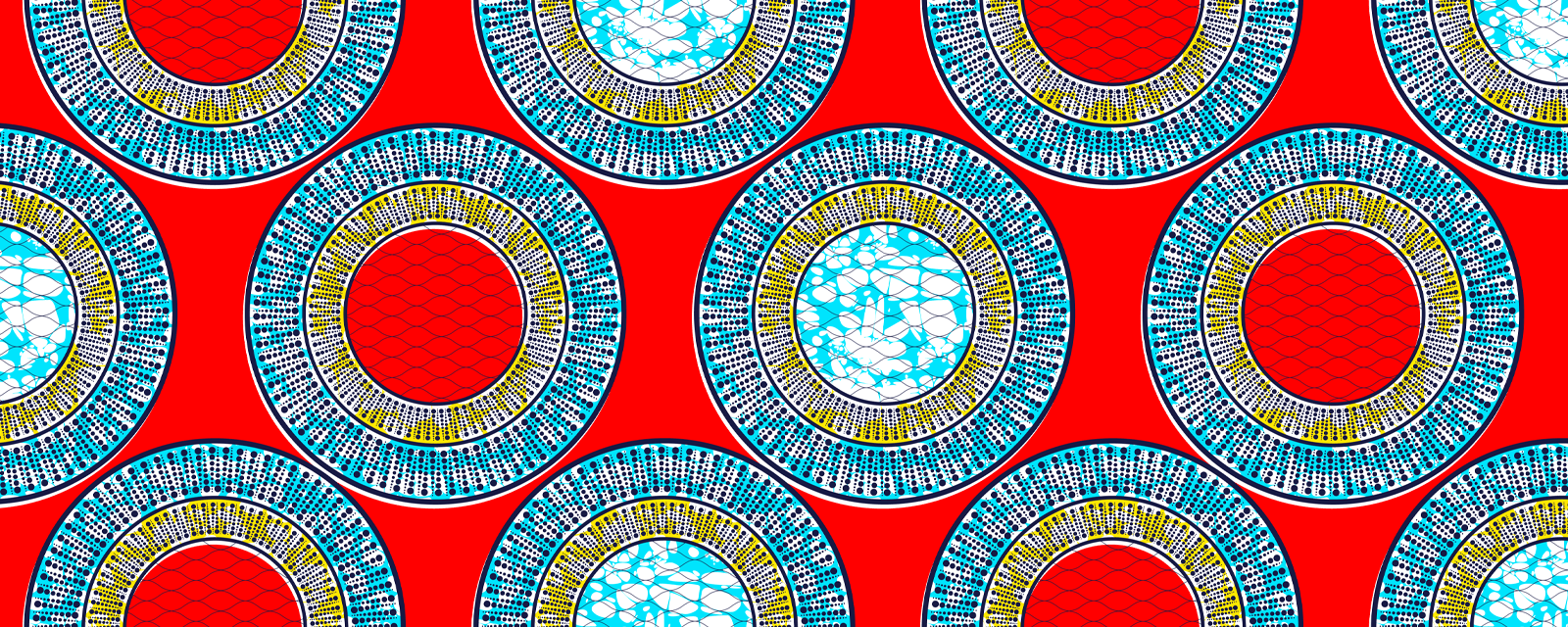A new poem on the theme of survival, by Ghanaian poet Kwame Brenya, translated from Twi into English by Adjei Agyei-Baah. The poet incorporates traditional Ghanaian proverbs on confronting hardship and overcoming adversity, to celebrate the jubilation that accompanies achievement through struggle.
(Hook)
Struggle to gain (8×)
Struggle to gain (2×)
I know, I need to struggle to drop sweat, in the end I will shine
Struggle to gain (2×)
I wander, hunger is bitter, night bed me on the streets
Extravagant living keep you happy today, but tomorrow comes your misery
Frugal living, the wise approach, Kwame, that’s my choice
Harmattan dries my lips, and sweeps my pocket
I will eat, but be mindful to save some in my cheeks
The next day, I’ll feed on to survive
To last me till sunset
I’ve struggled, felt poverty juggle
The mighty pusher can no longer push
Oh! parentless child, I have no helper
Life a cross, and I win no toss
When will I find my rightful place?
My hunger is severe than the waif’s
Will sleep without food but never give up
Brighter days are ahead, I’ll not give up
The killer of porcupine,
Killing a crab is never a challenge
Won’t let anyone’s dance set my pace
The forest monster does not dance agbadja (1)
As we walk, talk and preach, but find no ear
Sometimes I sleep without cloths
Kwame…
Listen, no hustle no gain, so struggle to gain
Work hard till your sweat comes out bloody!
Wrestle with life to overcome
Fear not losing, the end comes when the pot shatters; try again
No cross no crown
The log must lie in splinters before the axe is praised
Jubilate! Jubilate! When you reach the junction of hard work
Jubilate! It’s there that comfort lives
Kofi Amaanɔ I salute you, you once said, “Kwame Wusu you’ll be fruitful but before then struggle on!”
Here is the original in Twi.
(Hook)
Brenya (8×)
Menim, mɛbrɛ, mɛte mfifire, ɛbɛwie aseɛ mɛyɛ yie
Brenya (2×)
Menam menam, ɛkɔm yɛya, adeɛ sa nsoso a menni dan
Sɔɔsɔɔ-kyeeyee; wo bɛgye woani ɛnnɛ, ɔkyena wo bɛbrɛ
Kyeekyee-sɔɔsɔɔ: awieɛ pa, Kwame, ɛno na mepɛ
Ɔpɛ afa m’ano, afa me bɔtɔmu
Me didi gya bi, de bi hyɛ me dɔdɔmu,
adeɛ kye a m’ayi abobɔm,
ɛtumi de me kɔ ara kɔsi awia.
M’adi amia, m’ahunu ohia
Opia Mensa me pia a mpia
Oh! Awisia, menni obiaa
“mia woani” me mia a mmia.
Dabɛn na me nso mɛso aba?
Meyam kɔm sene aboaba
Mɛbua ada nso moboa da
Dabi ɛbɛyɛ yie, m’abamu mmu da
Ɔbɔfoɔ a merekum kɔtɔkɔ,
mehunu kɔtɔ a m’akum bi da.
Me nhwɛ obi asa nsa m’asa;
Sasabonsam nsa agbaɖja.
Yɛrekɔ a yɛreba a yɛreka a mo nte yi
ɛtɔ da koraa a meda adagya,
Kwame…
Tie ha, sɛ ɔbrɛ nni hɔ a nka ɔnya nni hɔ enti brɛ nya
Bere wo mogya ani
Ɛne ɔbra no mfa nsi ani; di nnim
Sɛ nkoguo ba a, kukuo no bɔ a na awieɛ aba; pem bio
Ɔko nni hɔ a nka abɔtire nni hɔ
Ansana abɔsobaa bɛgye n’abasobɔ no na egya apae
Pae! Pae! Sɛ woduru Adwumadene nkwanta a, pae, na ɛhɔ na Ahotɔ te
Mese Kofi Amaanɔ meda woase, ɔse “Kwame Wusu wobɛfiri yie na emom brɛ nya”.
Poem by Kwame Brenya,
translated by Adjei Agyei-Baah
Footnotes
- The forest monster does not dance agbadja: The monster refers to Asanbosam, Asasabonsam or more commonly Sasabonsam, a mythical, forest-dwelling beast of Akan folklore, who sits on the high branches of trees and attacks unwary hunters. Agbadja is a style of Ewe music and dance that was originally associated with warrior societies, that has evolved into a recreational dance performed at weddings and other celebrations.

